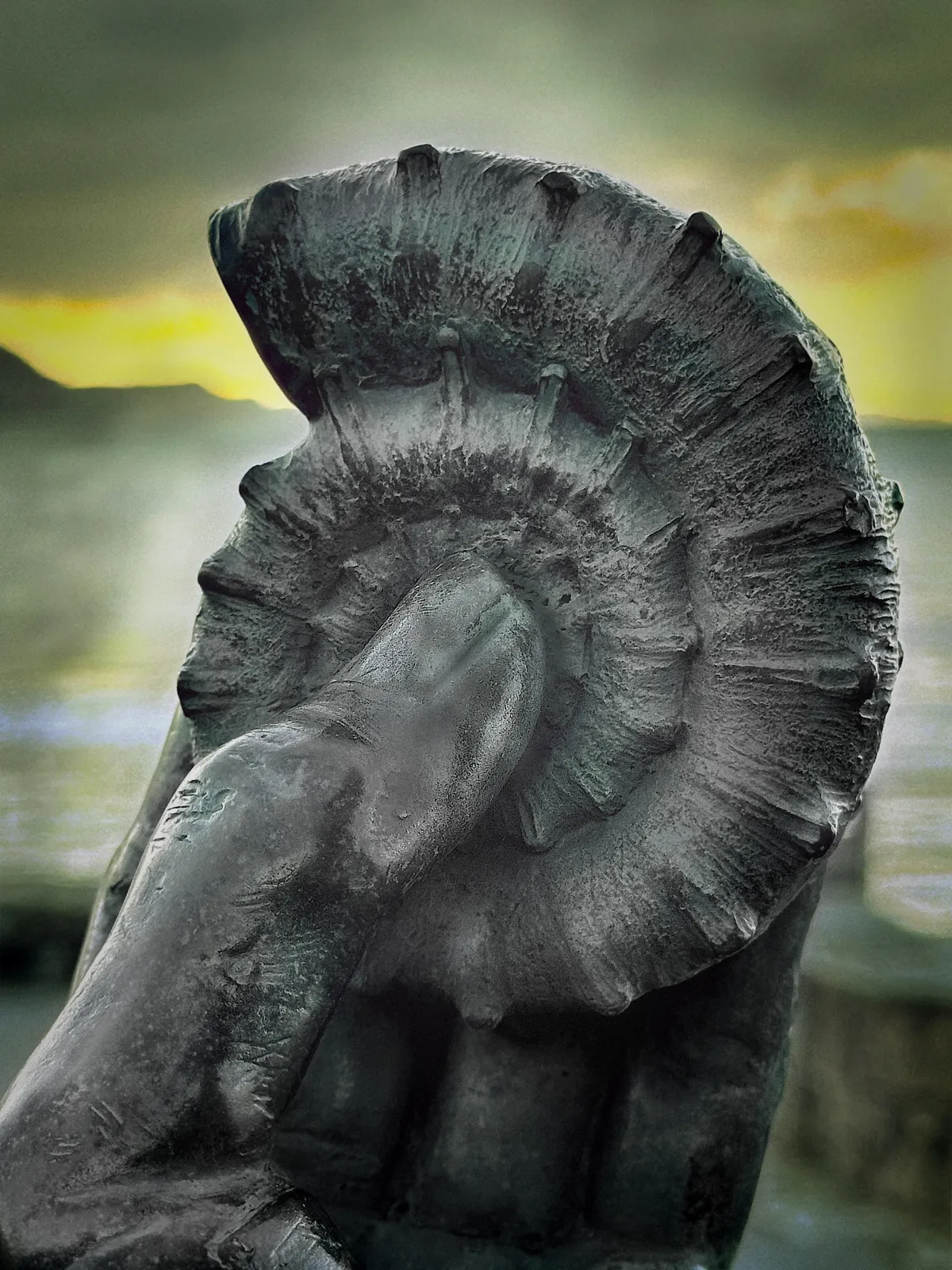
Is Fossil Hunting Legal in Dorset? Rules & Tips
1) Why This Question Matters
The Jurassic Coast of Dorset is world-famous for its fossils, drawing families, amateur collectors, and seasoned geologists alike. But with its status as a UNESCO World Heritage Site and its fragile geology, many visitors ask the same question: Is fossil hunting legal in Dorset?
The short answer is yes - with rules. Fossil hunting is encouraged as part of Dorset’s heritage and tourism, but it must be done responsibly, respecting the coastline and scientific importance of certain finds. This article explains the rules, offers clear guidance, and shares practical tips so you can enjoy a safe, legal, and rewarding fossil hunt.
2) The Fossil Collecting Code of Conduct
To protect both visitors and the coast, the Jurassic Coast Trust and local authorities promote a Fossil Collecting Code of Conduct. Here are the essentials:
✅ Loose fossils are fair game – You are welcome to collect small fossils that have already washed out onto the beach or fallen from the cliffs.
❌ No hammering the cliffs – Breaking into the cliffs, ledges, or bedrock is dangerous and illegal in protected areas. Cliff falls happen without warning, so keep a safe distance.
⚖️ Significant finds must be reported – If you discover something rare (like a large skeleton, unusual species, or scientifically important specimen), you should notify a local museum, such as Lyme Regis Museum or Charmouth Heritage Coast Centre.
🏛 Some sites are protected – Not every part of Dorset’s coast is open for collecting. Areas like the National Trust’s Burton Bradstock or West Bay discourage collecting to preserve natural features.
👉 A simple rule of thumb: Pick up what nature has already released, and leave the cliffs alone.
3) Legal & Safety Considerations
Private Land – Some parts of the Dorset coast cross private estates. Always check signage and respect access rules.
Protected Sites (SSSIs) – Sites of Special Scientific Interest (SSSIs) have strict regulations. Fossil collecting is usually limited to surface finds only.
Selling Fossils – Hobbyists are free to keep most small finds, but commercial collecting or selling significant fossils is a different matter, subject to agreements with landowners and museums.
Tide & Cliff Safety – Many fossil hunters get caught out by rising tides or unstable cliffs. Always check tide times before you set off and stay well clear of cliff bases.
4) Where You Can Legally Fossil Hunt in Dorset
Some of the most popular legal and family-friendly fossil hunting spots include:
Charmouth Beach – Probably the best place for beginners. The Charmouth Heritage Coast Centre provides guidance and organises regular guided walks.
Monmouth Beach (Lyme Regis) – Famous for its “Ammonite Pavement” and large ichthyosaur finds.
Seatown & Eype – Good for ammonites and belemnites, though cliffs here are unstable.
Kimmeridge Bay – Best known for ammonites and marine reptile remains, though many specimens are left in place for study.
Each location has slightly different rules, so it’s best to check local signage or ask visitor centres for advice.
5) Practical Tips for Responsible Fossil Hunting
Bring a small bag or container to carry loose fossils.
Carry a field guide to help identify common ammonites, belemnites, and crinoids.
Go fossil hunting after a storm or rough tide — fresh material is often exposed.
Wear sturdy boots and weather-appropriate clothing.
Join a guided fossil walk for expert help and safe access to the best spots.
6) A Quick Q&A
Q: Is it legal to take fossils home from Dorset beaches?
A: Yes, if they are loose and small enough for personal use. Larger or unusual finds should be reported.
Q: Can I use a hammer to split rocks?
A: Generally, no — and never on the cliffs. Small loose pebbles on the beach may be split, but only if done safely and responsibly.
Q: Who owns the fossils I find?
A: By law, fossils belong to the landowner. However, surface collecting for personal use is widely accepted along much of the Dorset coast.
7) Conclusion: Enjoy Dorset, Respect the Coast
Fossil hunting in Dorset is not only legal but actively celebrated — as long as it’s done with care. By following the Collecting Code of Conduct, you’ll help preserve the coastline, protect rare finds for science, and keep the tradition alive for future generations.
👉 Whether you’re planning a family day on Charmouth Beach or hoping for your own “Mary Anning moment,” remember: the best fossil hunting combines curiosity, safety, and respect.
Further reading;
The Ultimate Guide To Fossil Hunting In Lyme Regis
From Fossils To Folklore: Where Science Meets Story In Lyme Regis

